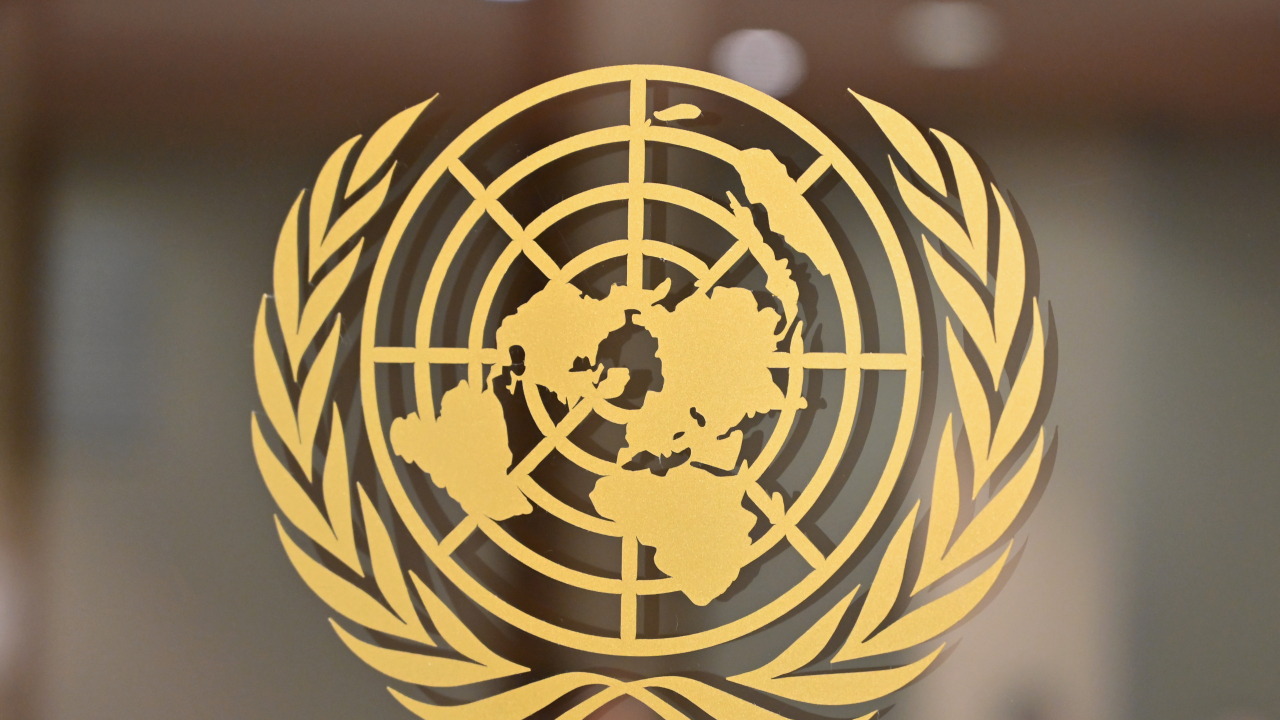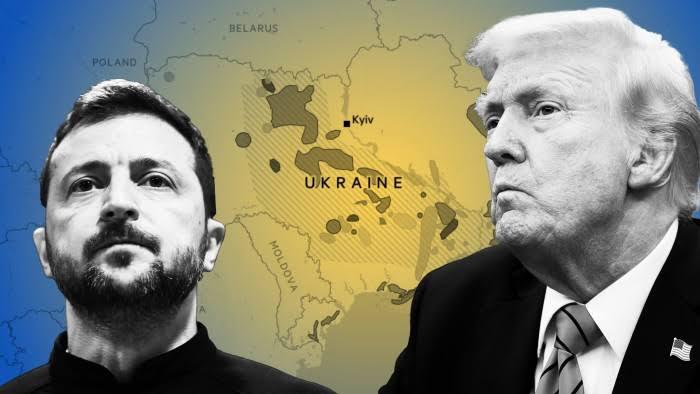
Addressing Double Standards and Enhancing Equity in the United Nations Security Council
Many political leaders, writers, and scholars have criticized the work of the international organization, and a number of countries have presented proposals to reform it to be more just, especially expanding the membership of the UN Security Council, abolishing the right of veto
The main goal of establishing the United Nations was and still is to establish international peace and security, and to create a more just world in which countries enjoy development and where political, economic, and social human rights are respected.
This is proven by the Charter of the United Nations, the Universal Declaration of Human Rights, the two international covenants, and all the literature issued by its affiliated international organization and ratified by the countries of the world.
But those who follow the organization’s work since its inception will find that it has failed to achieve its goals and find solutions to many conflicts for various reasons, including the structure of the organization and the composition of the Security Council as the executive body entrusted under the Charter with the task of establishing peace. This is due to the dominance of the five major permanent members of the Security Council. (USA, UK, France, China, Russia).
These countries have the exclusive right to use the right of veto when voting, which means any decision that conflicts with their interests and those of their allies are suspended. This double standards in many international conflicts is one of the reasons for the widespread demand for the necessity of reforming the United Nations.
In fact, it is not fair for five countries to have the sole decision-making power on issues presented to the Council according to their interests. The world is larger and broader, and there is a need to find a system that reflects cultural pluralism to ensure a just and more sustainable global peace, which is the ultimate goal of establishing this international organization.
The world is larger and broader, and there is a need to find a system that reflects cultural pluralism to ensure a just and more sustainable global peace, which is the ultimate goal of establishing this international organization.
When we evaluate the role of the United Nations in establishing security and peace in countries witnessing conflicts, we find that its role is limited, due to the use of the right of veto, especially in the period of the Cold War and its aftermath.
In addition, it has become an organization that manages the distribution of aid through dozens of offices that require exorbitant operational expenses that may reach 40% sometimes, and this makes it more like a charitable organization and not a mediator who can resolve and contract, and there is an intentional policy that pushed it to be satisfied with this role and neglect its role as an effective mediator. It is binding on all parties to the conflict.
With this image and this transformation, the organization lost its luster and the essence of its work, which is something that does not suit it at all. This has been proven in many cases, whether in the Middle East, Asia, or Africa.
So the accession of other countries to the UN Security Council, such as (Egypt – Iran – Pakistan – India – South Africa – Algeria – Ethiopia – Saudi Arabia – Canada – Brazil – Turkey – Japan – South Korea – Australia) may change the stereotype of conflict management and avoid the future. A lot of tension that may lead to more unconventional wars.
There are multiple examples since the inception of the international organization, but the “Palestinian issue” remains the core of the issues, and one of the most important chronic files in the failure, inability, and limitations of this organization, and its inability to find a just solution or impose the implementation of resolutions issued by the Security Council, whether in a period of bipolarity.
Or when America tried to impose a unipolar system, matters became even darker, more unjust, and a violation of human rights.
Many political leaders, writers, and scholars have criticized the work of the international organization, and a number of countries have presented proposals to reform it to be more just, especially expanding the membership of the UN Security Council, abolishing the right of veto, which has caused the loss of many rights, and affirming injustice, racial discrimination, and double standards in the world.
So, it is extremely important for the peoples of the world and the political process to witness new changes in this context, and this will not happen unless everyone, including America, believes that the membership of the UN Security Council must be expanded to include at least ten new countries, carefully chosen and taking into account the geographical, historical and political presence.
The importance of change also lies in the world’s need for peace that is based on justice and fairness.
Therefore, all countries active in the political movement in the world must play a positive role in creating a new order, based on the involvement of new countries that can change the current military, cultural and political hegemony, and in particular the American model does not give every nation an equal playing ground not to mention the duality and agenda that are used in the context of fueling conflicts and nothing more, weakening the ability of peoples and the individual human spirit.
_____________________________
Dr. Taha Hussein Al-Hamdani is a Guest writer based in Yemen. His opinions are his and does not represent the position of the Sixteenth Council.



Zelenskyy: ‘President Trump is living in this disinformation space’